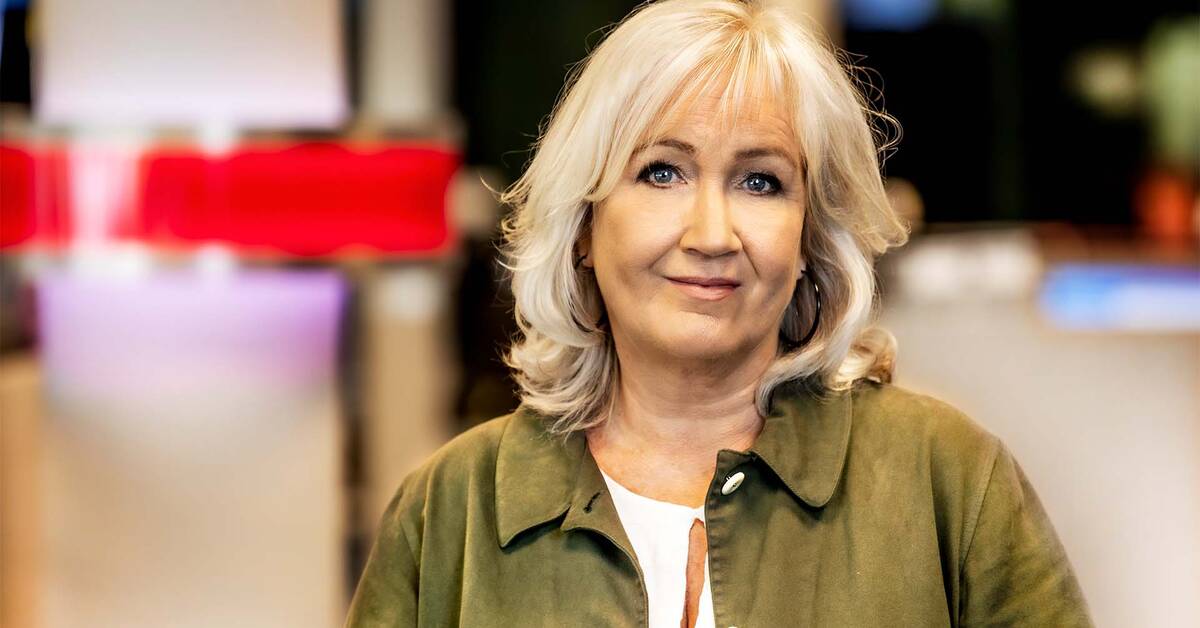The climate scientists on the UN's IPCC panel are brutally candid about what is the greatest threat to humanity.
We are still 80% dependent on fossil fuels even though the share of renewable energy is growing. Unless this decreases radically in the next few years, within just a few years we will completely blow past the red line with a maximum of 1.5 degrees of warming of the planet. But it says nothing about ending fossil combustion. It just says fossil fuels "need to be reduced." SVT learns that China is behind the weakening, due to its major investment in coal power.
New political hesitancy
During the spring, there have been several signs of new political hesitation, not only from the Chinese side. The US president gave the go-ahead to open new oil fields in Alaska, the oil is expected to create emissions equivalent to two million passenger cars. Both Germany and the UK have given the go-ahead to new coal mines, all with arguments about energy security and jobs. And the next climate summit, COP28, is being held in the United Arab Emirates. There, the CEO of the country's largest oil company has been appointed chairman of the climate negotiations. He promises a "pragmatic" approach to the climate negotiations.
Extreme weather has only just begun
Still, the analysis is crystal clear. We have already warmed the planet by 1.1 degrees, the researchers conclude, which has led to more extreme weather and rapidly melting sea ice. The IPCC notes that people in all regions of the world are dying from extreme heat.
Today's report is a comprehensive summary of the state of knowledge that only takes place every ten years. The report summarizes 14,000 scientific reports involving 100,000s of researchers. It is warmer than in 100,000 years. And the extreme weather has only just begun. Every tenth matters, the IPCC stresses, increasingly intense heat waves, rainstorms and other extreme weather threaten human lives and ecosystems.
In 2022, Europe lived through a hellish summer in which a record number of Britons died in the heat waves, rivers and streams dried up in southern Europe while wildfires raged in France, Spain and Portugal. Anyone who wondered how a doped climate will affect us only had to look out over a tormented Europe.
Slow action
The biggest criticism is about how slowly decision-makers act.
Emissions must be reduced immediately by 43% by 2030. Instead, emissions are increasing even if the rate of increase has slowed somewhat, one of the few glimmers of light according to Working Group 3 of the IPCC.
It is possible to halve emissions by 2030, the researchers emphasize, by transforming industry, the construction sector and agriculture and creating greener cities.
But it will not be enough. The technology of sucking carbon dioxide out of the air and storing it in the seabed is now called absolutely necessary.
Maldives raises the alarm
High demands are placed on the rich countries. We must bring down our own emissions at record speed, we must also deliver on our economic promises to poor countries. Low-lying countries such as the Maldives are already affected by sea level rise.
"We're 500,000 people in the Maldives, we're not just going to drown, it's not going to happen. We will seek asylum and go to your beaches," maldives climate minister Aminath Shauna said when SVT interviewed her a week ago. Her message is that it is to everyone's advantage if the galloping climate crisis is stopped now. While it's still going.
Do you want to know more about what is happening to the climate? ́Get the most important news, analysis and reports about the climate crisis directly in your inbox. Subscribe to our newsletter here.

